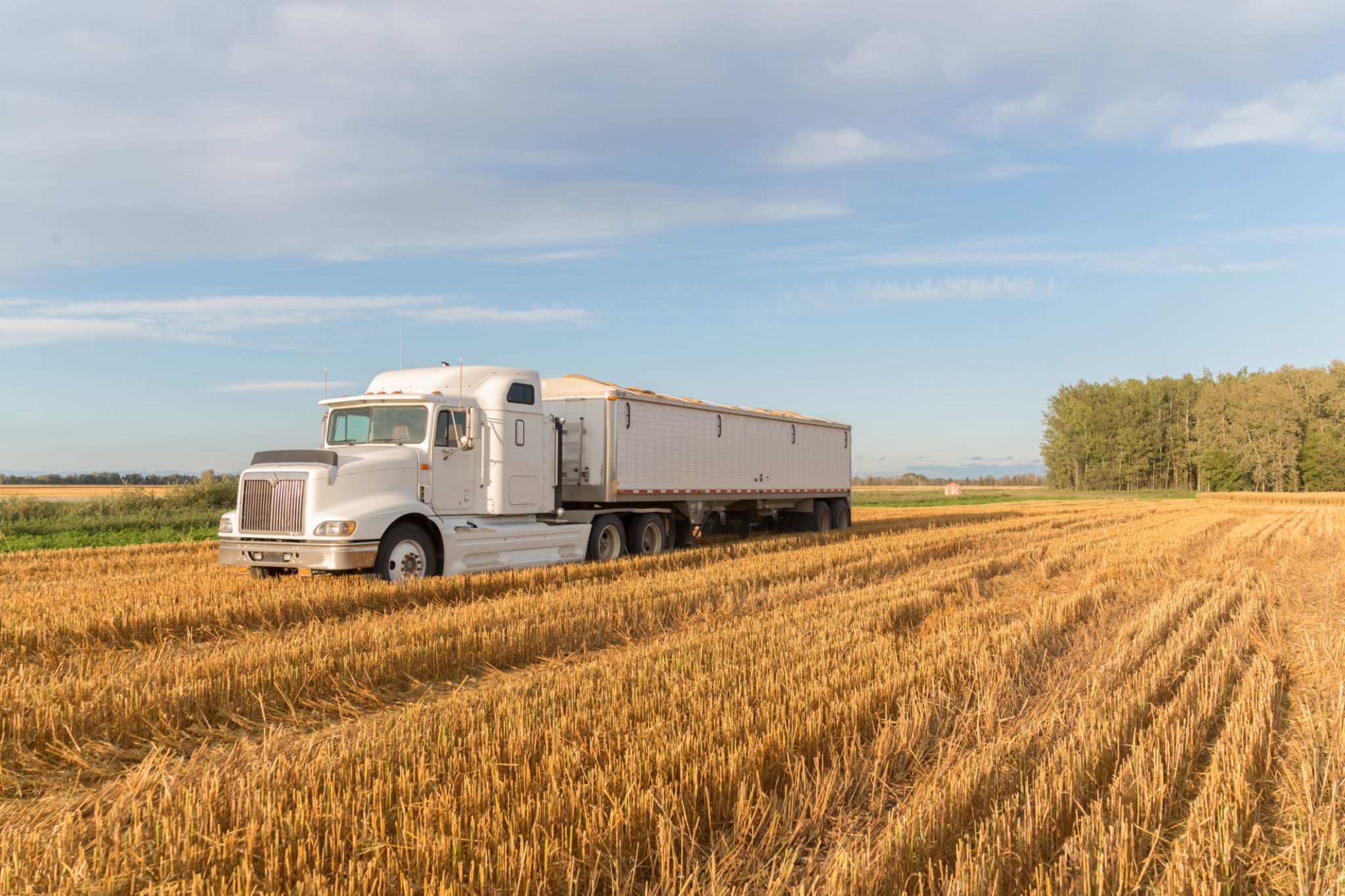How to Ensure Regulatory Compliance in Agricultural Exports
Understanding Regulatory Compliance in Agricultural Exports
Ensuring regulatory compliance in agricultural exports is a crucial aspect for any business aiming to thrive in the global market. Compliance involves adhering to laws and regulations that govern agricultural trade, which vary significantly from one country to another. These regulations are put in place to protect public health, ensure fair trading practices, and preserve the environment.
Failure to comply with these rules can result in severe penalties, including hefty fines, shipment rejections, and even bans from entering specific markets. Therefore, understanding and implementing regulatory compliance is not only about avoiding penalties but also about safeguarding your business's reputation and ensuring smooth operations.

Identifying Relevant Regulations
The first step in ensuring compliance is to identify the regulations that apply to your specific agricultural products. This involves understanding both the domestic regulations of the exporting country and the import regulations of the destination country. Key areas of concern typically include sanitary and phytosanitary measures, labeling requirements, and permissible pesticide residues.
It's essential to stay informed about any updates or changes in these regulations, as they can frequently change based on new scientific findings or shifts in political landscapes. Subscribing to relevant industry bulletins or joining trade organizations can help keep you updated on these changes.
Documentation and Record Keeping
Proper documentation is critical in demonstrating compliance with regulatory requirements. This includes maintaining records of all certifications, permits, and other necessary documents that prove adherence to export standards. Ensure that you have meticulous records of production processes, quality control measures, and any tests conducted on your products.

Having a robust record-keeping system can streamline the auditing process and provide evidence of compliance if any disputes arise. Digital solutions or specialized software can be beneficial in managing these records efficiently.
Implementing Quality Control Measures
Implementing rigorous quality control measures is vital in ensuring that your products meet the standards set by regulatory bodies. This involves regular testing of products for contaminants, verifying that packaging meets labeling requirements, and ensuring that storage conditions are optimal. Quality control not only helps in compliance but also enhances the overall quality of your products, making them more competitive in the international market.
Training your employees on compliance standards and quality control procedures is equally important. A well-informed team can help maintain high standards throughout the production and export process.

Engaging with Compliance Experts
Given the complexity of agricultural export regulations, engaging with compliance experts or consultants can be invaluable. These professionals bring a wealth of knowledge about international trade laws and can offer tailored advice to help your business navigate the intricate web of regulations.
Compliance experts can assist in conducting audits, identifying potential areas of non-compliance, and developing strategies to address these issues. Their insights can be particularly beneficial when entering new markets with unfamiliar regulatory environments.
Leveraging Technology for Compliance
Technology plays a pivotal role in helping businesses maintain compliance with agricultural export regulations. Advanced software solutions can automate documentation processes, track regulatory updates, and manage supply chain data efficiently. This not only reduces the risk of human error but also provides real-time insights into compliance status across different markets.
Investing in technology not only supports compliance efforts but also optimizes operational efficiency, enabling businesses to focus more on growth and expansion.
Successfully navigating the complexities of regulatory compliance in agricultural exports requires a proactive approach and a commitment to continuous learning and adaptation. By staying informed, leveraging expert advice, and utilizing technology, businesses can effectively manage compliance risks and capitalize on opportunities in the global market.